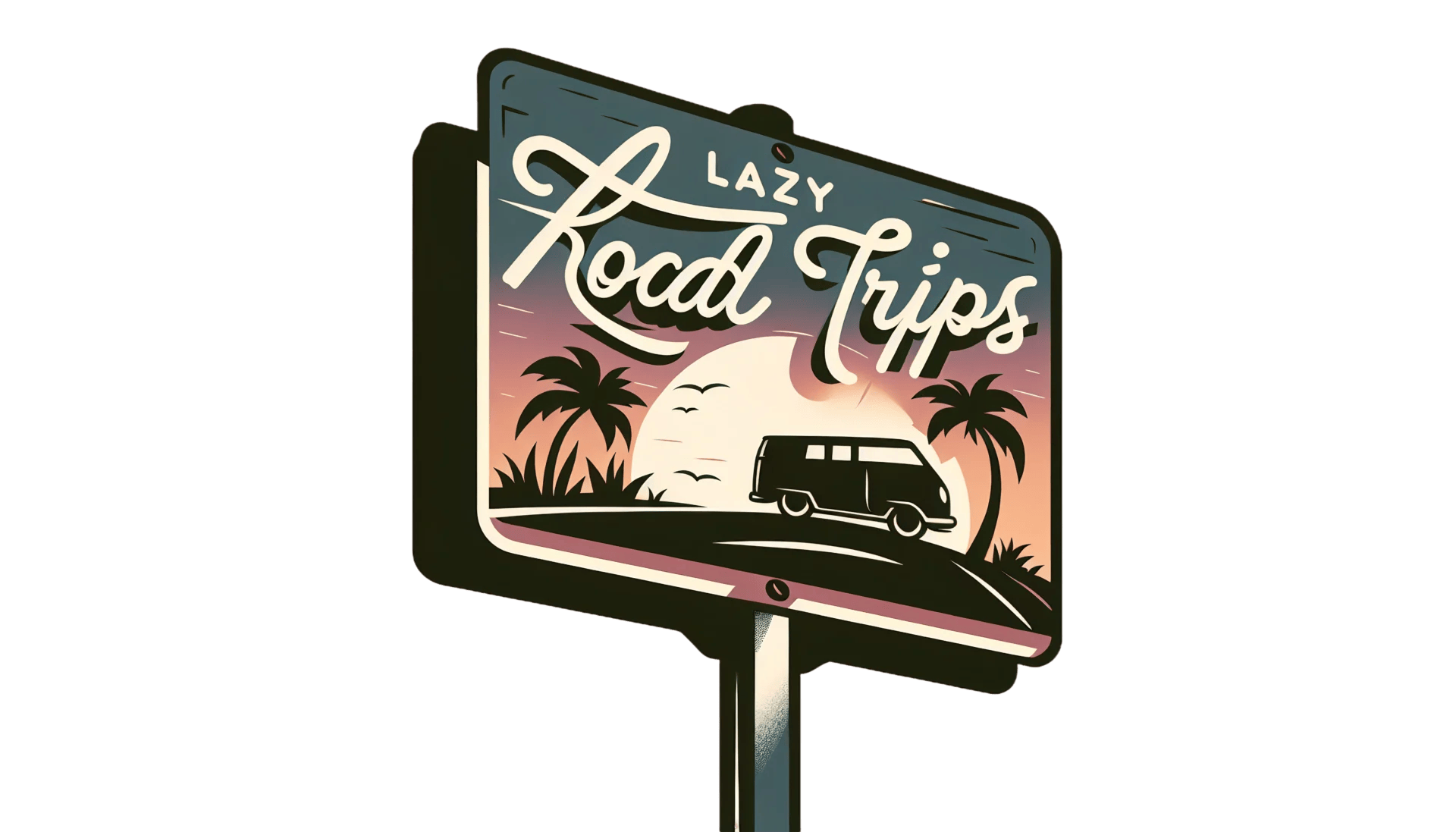**Title: How to Choose the Best RV Insurance for Your Adventures**
Hitting the open road in your RV feels liberating, but you really don’t want to skimp on insurance. Whether you’re a road trip veteran or just bought your first camper, picking the right policy can help you relax and keep your investment safe.
This post breaks down what you need to know about RV insurance. Let’s get into some tips and insights to help you figure out what fits.
Understanding RV Insurance
RV insurance covers a wide range of recreational vehicles. We’re talking motorhomes, campervans, travel trailers, and fifth wheels.
Like auto insurance, it includes liability, collision, and comprehensive coverage. But there are also protections made just for RV owners.
Types of Coverage
Knowing your options is key. Here are the main types of RV insurance coverage:
- Liability Coverage: If you’re at fault in an accident, this takes care of bodily injury and property damage.
- Collision Coverage: Pays for damage to your RV if you hit another vehicle or object.
- Comprehensive Coverage: Handles non-collision mishaps like theft, vandalism, or natural disasters.
- Uninsured/Underinsured Motorist Coverage: Steps in if you’re hit by someone who doesn’t have enough insurance.
- Personal Injury Protection (PIP): Covers medical bills for you and your passengers—fault doesn’t matter here.
Factors to Consider When Choosing RV Insurance
There’s a lot to weigh when picking an RV insurance policy. It’s about finding the right balance for your needs and your wallet.
Usage and Frequency
Think about how often you use your RV. If you live in it full-time, you’ll want coverage that’s more like homeowners insurance.
If you just take it out for the occasional getaway, a standard policy probably does the trick.
RV Type and Value
Your RV’s type and value make a big difference in what you’ll pay. Motorhomes usually cost more to insure than travel trailers because they’re pricier and a bit more complicated.
The age, make, and model all play a role in your premium, too.
Coverage Limits and Deductibles
Decide on coverage limits and deductibles that make sense for your budget. Higher limits mean more protection, but you’ll pay more each month.
Higher deductibles can lower your premium, but you’ll pay more out of pocket if something happens.
Additional Coverage Options
Standard coverage is great, but sometimes you want a little extra. Here are a few add-ons worth considering.
Roadside Assistance
Roadside assistance can be a game-changer for RV owners. It covers things like towing, flat tires, battery jumps, and more.
If you break down far from home, this kind of help is a real relief.
Vacation Liability
Vacation liability coverage protects you if someone gets hurt in or around your RV while you’re parked at a campsite.
If you use your RV as a temporary home, this is especially handy.
Personal Belongings Coverage
This covers the stuff you keep inside your RV—electronics, clothes, camping gear, you name it.
With all the valuable items people tend to store in their rigs, this coverage just makes sense.
Comparing Insurance Providers
Insurance companies aren’t all created equal. It’s worth shopping around to see who offers the best fit for you.
Reputation and Customer Service
Check out reviews and ratings for each company. Customer service matters, especially when you need to file a claim.
Look for providers with a solid track record and happy customers.
Discounts and Savings
Many insurers offer ways to save a little cash. You might qualify for:
- Multi-Policy Discounts: Bundle your RV policy with auto or home insurance for a break on your premium.
- Safe Driver Discounts: Keep a clean driving record and you could pay less.
- Anti-Theft Discounts: Install anti-theft devices and you might see your rates drop.
Conclusion
Picking the right RV insurance isn’t always straightforward. You’ll want to think about your own needs, the kind of RV you have, and what it’s worth.
There are lots of coverage options out there. Take some time to compare providers, and you’ll probably find something that fits both your budget and your sense of security.
If you want to dive deeper, check out Money.com for their thorough guide. They’ve got expert reviews and side-by-side comparisons, which makes the whole process a bit less overwhelming.

